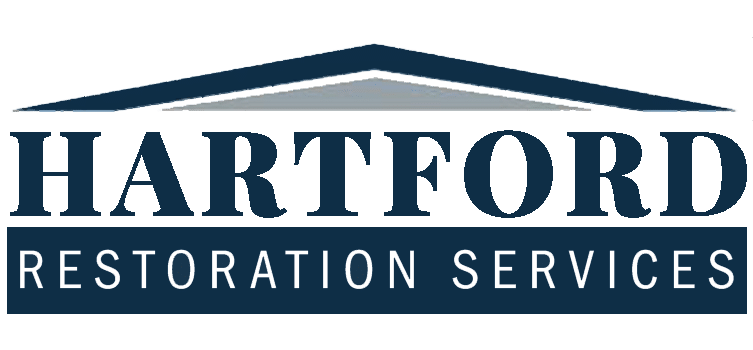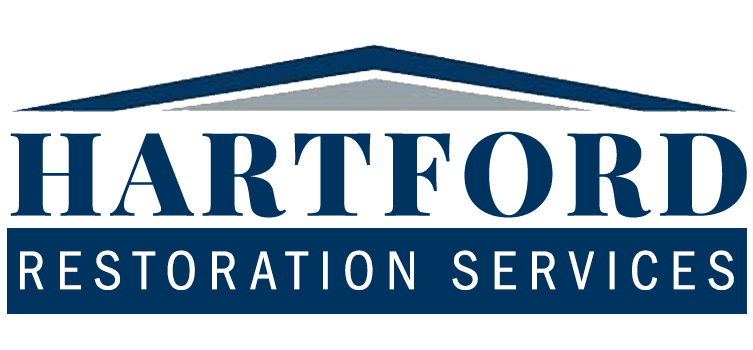The Importance of Quality Assurance in Industrial Roofing Solutions

In the vast and complex landscape of industrial construction, the roofing system plays a pivotal role in safeguarding assets, ensuring operational continuity, and maintaining the structural integrity of facilities. Given its significance, the emphasis on quality assurance (QA) in industrial roofing solutions cannot be overstated. This blog post delves into the importance of QA in industrial roofing, highlighting the risks of neglect, benefits of diligence, and key strategies for ensuring quality in roofing projects.
The Critical Role of Industrial Roofing
Industrial roofing systems are tasked with protecting buildings from environmental elements, supporting essential HVAC equipment, and sometimes even accommodating foot traffic or additional structures. Unlike residential or commercial roofing, industrial roofs often cover vast areas, endure heavy loads, and face intense environmental stressors. These factors underscore the need for a rigorous quality assurance process throughout the lifecycle of the roofing system.
Risks of Neglecting Quality Assurance
Premature Failure & Repairs
Without stringent QA measures, roofing systems are prone to premature failure, leading to leaks, structural damage, and the need for costly repairs or replacements. Inferior materials or workmanship can quickly manifest as significant issues under these harsh conditions.
Safety Hazards
Compromised roofing can present serious safety hazards, from slips and falls due to leaks to catastrophic collapses that endanger lives and halt business operations. Ensuring quality is not only a matter of protecting the building but safeguarding the individuals who work there.
Financial Losses
The direct costs of repairing or replacing a faulty roof are substantial, but the indirect costs, such as production downtime, damage to equipment and inventory, and potential legal liabilities, can far exceed the initial savings from cutting corners on quality assurance.
Environmental Impact
Poorly constructed roofs can lead to increased energy consumption due to inadequate insulation and air leaks. The waste generated from replacing faulty materials contributes to environmental degradation, underscoring the sustainability implications of quality assurance in roofing solutions.
Benefits of Rigorous Quality Assurance
Longevity & Durability
Quality assurance processes ensure that every aspect of the roofing system, from materials to installation techniques, meets or exceeds industry standards. This diligence results in roofs that withstand the test of time and environment, offering superior durability and longevity.
Cost Efficiency
Investing in QA upfront can lead to significant long-term savings. By minimizing the need for repairs, reducing energy costs, and extending the life of the roof, quality assurance measures pay for themselves many times over.
Enhanced Safety
A quality-assured roof is a safe roof. Rigorous testing and inspection protocols help to identify and rectify potential hazards, ensuring the safety of the workforce and the public.
Environmental Responsibility
High-quality roofing systems can contribute to energy efficiency and waste reduction. By selecting sustainable materials and ensuring their optimal performance through QA, businesses can significantly reduce their environmental footprint.
Key Strategies for Quality Assurance in Industrial Roofing
Material Selection
The foundation of a quality roofing system lies in the selection of appropriate, high-grade materials. These materials should be chosen based on their performance characteristics, compatibility with the building's use and location, and their longevity.
Skilled Workforce
Employing skilled, experienced roofing professionals is crucial. Certified workers who are trained in the latest installation techniques and safety protocols are more likely to adhere to high-quality standards.
Regular Training & Education
The roofing industry is continuously evolving, with new materials, technologies, and standards emerging regularly. Investing in ongoing training and education for roofing teams ensures that they are up-to-date with the best practices and quality assurance measures.
Comprehensive Testing & Inspections
Implementing a robust testing and inspection protocol is essential for identifying and addressing potential issues before, during, and after installation. This includes everything from material testing to final walk-throughs and periodic reviews of the completed roofing system.
Documentation & Traceability
Maintaining detailed records of materials, processes, inspections, and repairs provides a traceable history of the roofing system's quality assurance measures. This documentation is invaluable for warranty claims, future maintenance, and as a reference for future roofing projects.
Collaboration & Communication
Effective communication among all stakeholders—owners, contractors, architects, and suppliers—is key to aligning expectations and ensuring that quality standards are understood and met throughout the project.
Adherence to Industry Standards
Compliance with local, national, and international roofing standards is a cornerstone of quality assurance. These standards provide a framework for materials, design, installation, and maintenance practices.
Investing in quality assurance is not only a regulatory necessity; it is a strategic decision that protects assets, conserves resources and upholds the highest standards of safety and environmental stewardship. In the demanding world of industrial roofing, quality assurance is the foundation upon which lasting success is built.
If you are interested in developing a maintenance plan for your industrial roofing system, reach out to Hartford Restoration Services. We can help you explore avenues to maximize its lifespan. Contact us today to discuss your project.

